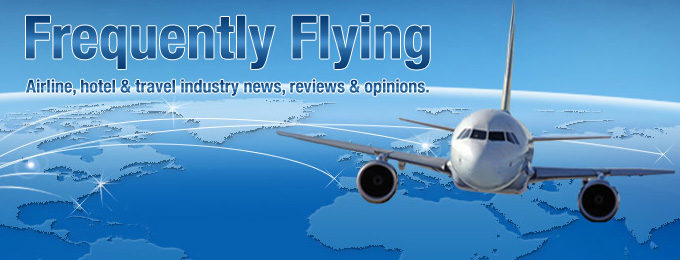On Tuesday, Jeff Smisek, CEO of United Airlines, made an appearance at the Stanford Graduate School of Business as the speaker for the school’s “View from the Top” lecture series. The aim of the student-run program is to bring leaders of business and social sectors in to impart wisdom on the student body, particularly focusing on their leadership style, vision and strategies for success.
I have to say, having heard Jeff now a few times, he’s a rather engaging speaker and does a fantastic job breaking down an incredibly complex industry. Here are my notes from the video presentation embedded below.
- He opened by differentiating his “talk” as he called it from a “lecture,” where the latter is done by someone smart imparting learning. He claims since he’s an executive in the airline business, by definition he’s not smart, as it hasn’t earned an adequate return on invested capital since the Wright Brothers.
- To the audience: “I want you all to fly us & always book at the last minute and pay the highest fare”. In context, it was a pretty humorous moment and not at all as it might sound to you reading it.
- Regarding the low barriers to entry to the industry, he claims, “any idiot can get an operating certificate, and many do.” He also mentioned the high barriers to exit, namely the reliance of so many manufacturers, suppliers, cities that have a vested interest in an airline surviving.
- On Air Traffic Control, he humorously said, “The ATC system is quite antiquated… it’s safe, but very very slow. It uses the finest 1950s ground based radar technology that money can buy.” Investment in that system is critical.
- The airline industry is unique in being subjected to major external events that are difficult to plan for, namely volcano eruptions (the ash cloud impacting Europe), SARS, and the earthquake in Japan.
- Regarding fuel, he claims United could buy an Airbus A380 every week and “throw it away” for the price of what the carrier spends on fuel, currently about $136/barrel, but not at the 2008 peak of $172/barrel.
- Fare increases and aligning capacity to reduced demand has been fairly successful in the current fuel situation.
- On unions, he said the situation is very difficult merging both carriers with representation differences among the work groups, as well as differences in culture. He’s working to ensure co-workers think of themselves as employees of the enterprise first, and union members second.
- Having a large loyalty base among frequent flyers provides ability to sell Mileage Plus miles to third parties, such as Chase, among other things.
- The new United is using a strategic plan template from the Continental Airlines playbook used at that carrier for the past 16 years. Namely, everything they want to do is on a single sheet of paper under the four categories of Marketing, Financial, Operating, and People.
- It’s important that everyone in the company knows the plan, only works on tasks to achieve the plan, and is given the tools to make it happen.
- Hiring talented people is paramount, and his active engagement with all work groups is critical to know exactly what’s going on at all levels.
- An open, honest approach with employees is best, specifically mentioning that if he is presented an idea from a co-worker that he knows the airline will never implement, answering “No, we’re not going to do that and here’s why…” is better than lying and saying he’ll take it under consideration.
He closed the discussion by reminding everyone to follow their passion. Money is important, yes, but a career and job you enjoy in which you can be yourself is the key to a successful life. Again, he’s a talented speaker in my opinion, and comes across as an incredibly approachable top executive.

